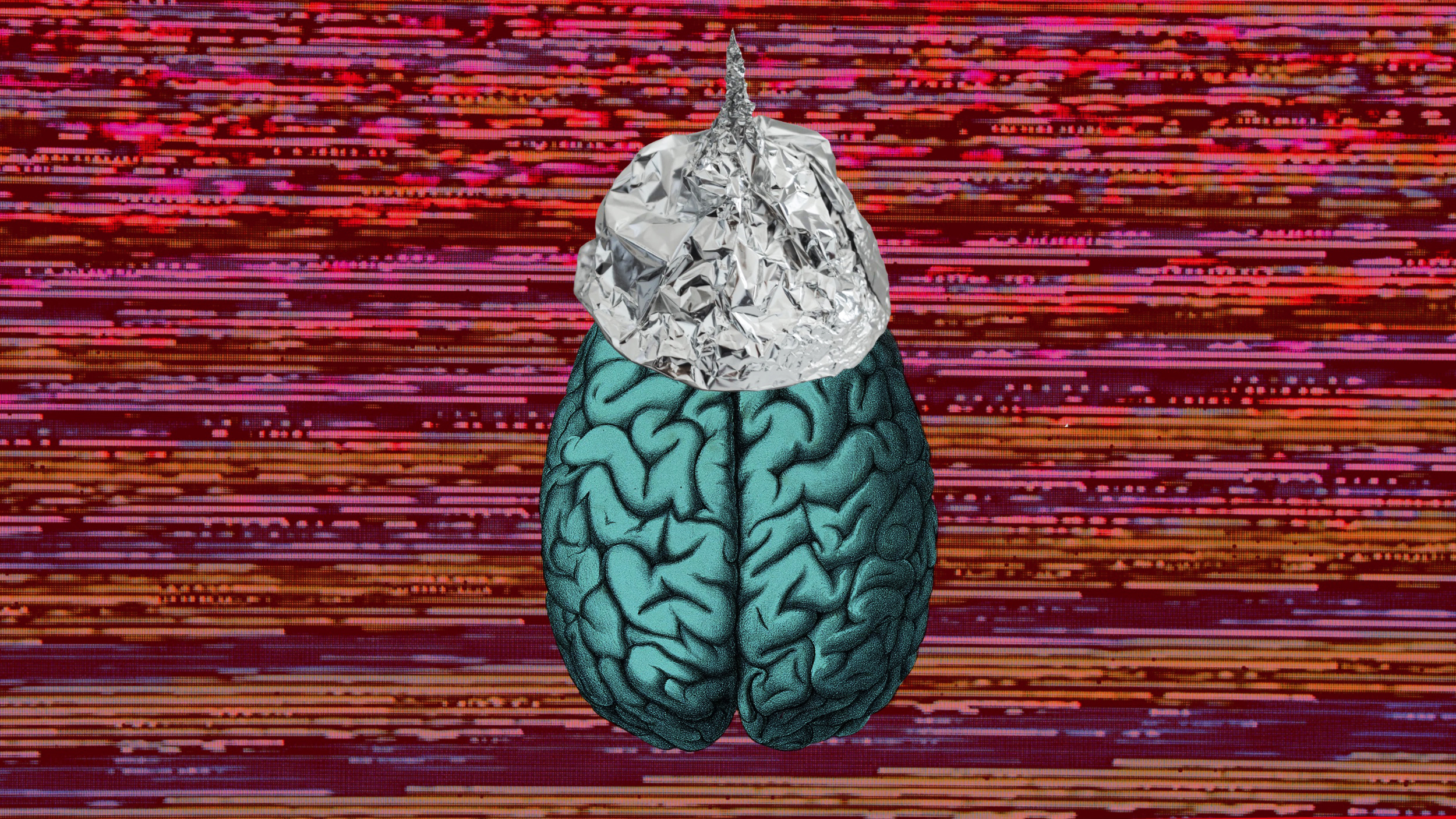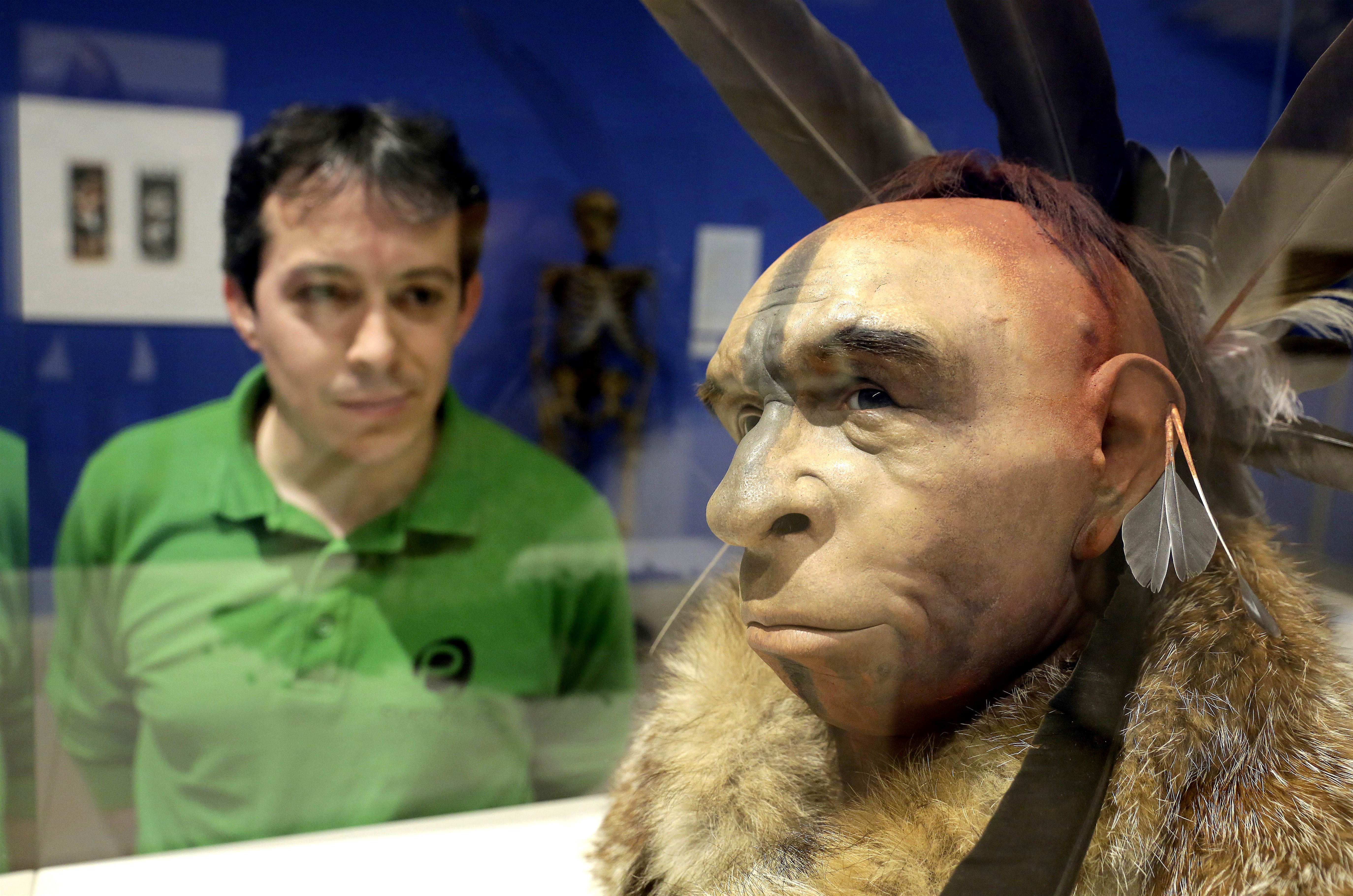Paul Ratner
Contributing Writer
Paul is a writer, filmmaker, and educator. He has written for years for Big Think and other outlets on transformative scientific research, history, and current events. His award-winning films like the true-life adventure "Moses on the Mesa" and the science documentary "The Caveman of Atomic City" have played at film festivals around the world. Paul also organizes numerous unique educational events, renowned film festivals, and competitions for thousands of people. He has degrees from Cornell University (BA) and Chapman University (MFA). You can follow Paul's work at paulratnerimagines.com, on Instagram, and Facebook.
A study finds a link between intolerant attitudes among some Americans and support for anti-democratic measures and army rule.
Scientists figure out why so many people believe in conspiracy theories.
Physicists prove a core part of the theory of general relativity by using the whole Earth and the most precise clocks ever.
A new study shows how the personalities of men and women are changed by marriage.
A new study argues that the working class are not prejudiced against immigrants and are more likely to help people.
Police violence is experienced by a large proportion of Russians. Is America going the way of its geopolitical foe?
How did Michael Jackson accomplish the famous antigravity tilt? Three neurosurgeons (and MJ fans) dissect the dynamics.
With school shootings happening constantly around the country, here are real measures we can take to protect our kids.
Google’s recent AI technology that can mimic humans is raising ethical concerns.
Here’s why the porn industry leads the way in developing virtual reality.
These are the occupations that attract the most serial killers and psychopaths.
The White House shares its vision of what the U.S. and its allies can offer to North Korea in exchange for denuclearization.
A new study highlights the role Facebook algorithms unwittingly played in ISIS recruitment and points to continuing problems.
Catch up on the phenomenon known as ASMR, which is exploding in popularity and may be linked to the appeal of religion.
New finds are revolutionizing what we know about the early humans.
Hunting trophies, by the thousands, lined the walls of his palaces and lodges.
Is there a way to join an infamous secret society like the Illuminati or Skull and Bones? Or even Disney’s secret supper club within Disneyland?
Studies show which religions are growing fast and which ones may be dying out.
Are conspiracy theories ever true? Here are a few occasions when the government really did what the conspiracy theories claimed.
With tax season in full swing, how much money can you get back from the government? Would it be fairer if everyone paid the same rate?
Churches and religious organizations are tax-exempt. Should they continue to get such a benefit?
This detailed infographic shows the path of Mark Zuckerberg’s life.
Scientists in Scotland find tracks of the largest animal that walked on Earth during the Middle Jurassic Period.
A study finds the link between biological clocks and poor performance at school and work.
Researchers study whether bearded men have advantages in fighting.
The non-lethal weapons lab of the military unveils a futuristic weapon that can create speech and heat out of thin air dozens of miles away.
Scientists find a groundbreaking application of the supermaterial graphene.
The 2018 World Happiness Index reveals some surprises and explains why the world’s richest country is not one of its happiest.
New research predicts the existence of completely different kind of stars.
A classic essay defines different ways to disagree, from the worst to the best, with lessons that ring true in our divisive times.





























